The bedroom, envisioned as a sanctuary for rest and rejuvenation, often harbors hidden dangers that can compromise your health and well-being. While obvious hazards like sharp objects are easily avoided, insidious threats lurking within everyday items can pose significant risks. Here are five hidden dangers in your bedroom and how to address them:
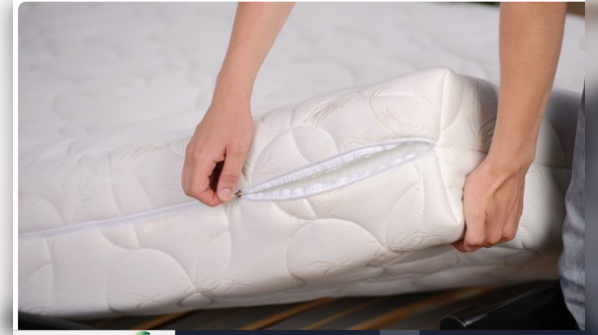
While your mattress may feel comfortable, its age can be deceiving. Mattresses exceeding 7-8 years of use can accumulate sweat, dead skin cells, dust mites, mold, and bacteria. Regular vacuuming is insufficient to eliminate these contaminants, leading to a potentially toxic environment inhaled nightly. Seniors, with their weakened immune systems, are particularly vulnerable. Studies have linked old mattresses to the release of harmful chemicals and allergens, contributing to skin rashes, respiratory problems, and aggravated allergies.
Solution: Replace your mattress every 7-10 years. Opt for mattresses crafted from non-toxic materials such as organic latex or memory foam. Utilize a waterproof mattress protector and vacuum regularly.
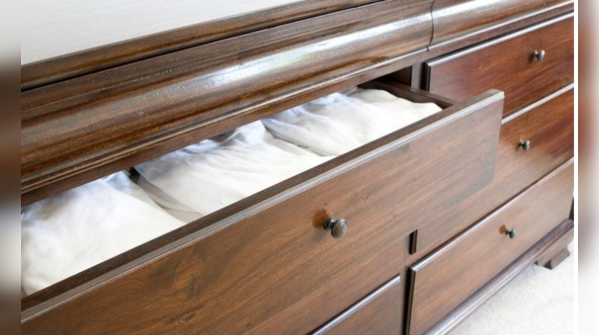
Pillows and bedding serve as havens for dust mites, microscopic creatures thriving on dead skin cells. These mites are known triggers for allergies, asthma, and skin irritation. Moreover, they can induce respiratory issues, potentially escalating into lung complications. Old pillows, in particular, accumulate dust mites, sweat, and allergens, posing a hidden threat within your sleeping environment.
Solution: Launder your bedding weekly in hot water to eradicate dust mites. Replace pillows every 1-2 years and invest in hypoallergenic pillowcases.
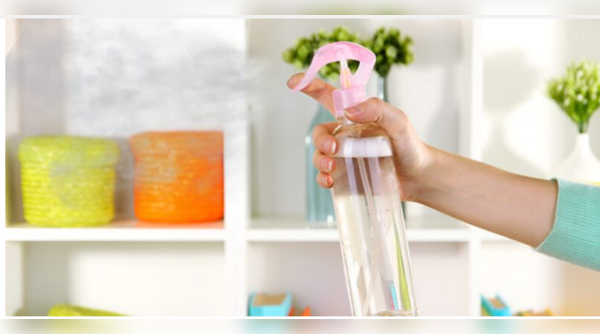
Many rely on air fresheners to maintain a pleasant-smelling bedroom. However, these products often contain harmful chemicals known as phthalates. These substances can disrupt hormonal balance and potentially cause reproductive harm. Regular use of synthetic air fresheners can degrade indoor air quality and silently compromise your health. They can also trigger severe migraines and allergic reactions.
Solution: Refrain from using air fresheners altogether, reserving them for bathroom use if necessary. Instead, improve ventilation by opening windows or use natural alternatives like essential oils.
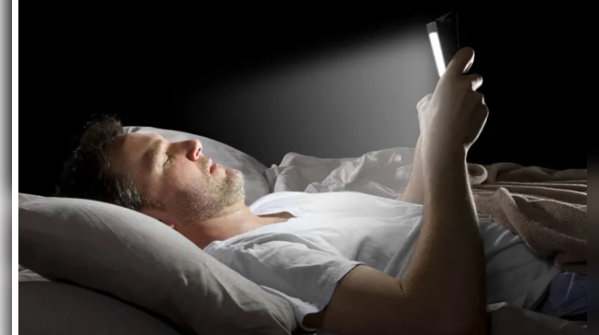
Exposure to artificial light near the bed, especially blue light emitted from digital clocks, smartphones, and LED bulbs, can disrupt your sleep cycle. Blue light suppresses melatonin production, a hormone crucial for inducing sleep. This is particularly detrimental to older adults, who exhibit increased sensitivity to light during nighttime hours. Poor sleep stemming from artificial light elevates the risk of heart disease, diabetes, and even certain cancers.
Solution: Implement blackout curtains to ensure darkness and use dim, warm-colored lights during the evening. Keep electronic devices away from your bed.
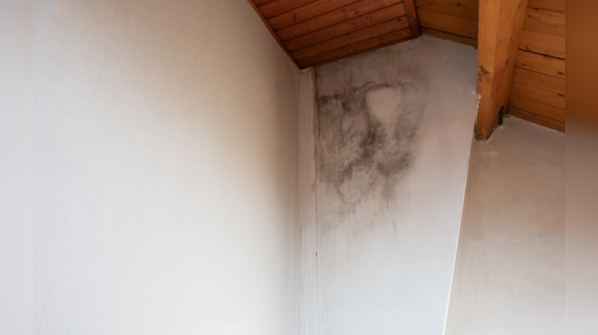
Mold thrives in damp environments and can remain concealed until it manifests health problems. Mold spores circulating in the bedroom air can provoke asthma attacks, allergies, and respiratory infections. For seniors and individuals with weakened immune systems, mold exposure can be life-threatening. Mold can also worsen skin conditions and induce systemic inflammation affecting joints and the heart. Mold is commonly found in homes lacking adequate natural light.
Solution: Regularly inspect for signs of mold, such as water stains, peeling paint, or musty odors. If mold is detected, seek professional assistance for safe removal.
Newer articles
Older articles
 Vitamin D Could Slash Tooth Decay Risk by 50%, Study Suggests
Vitamin D Could Slash Tooth Decay Risk by 50%, Study Suggests
 Indian Cricket Star Mukesh Kumar and Wife Divya Singh Announce Birth of Son
Indian Cricket Star Mukesh Kumar and Wife Divya Singh Announce Birth of Son
 Shubman Gill's Captaincy Under Fire: Bold Calls Needed After England Test Defeat
Shubman Gill's Captaincy Under Fire: Bold Calls Needed After England Test Defeat
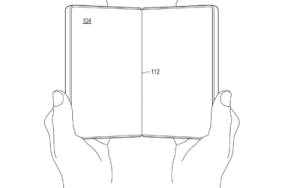 Microsoft Aims for Foldable Redemption with Novel Hinge Design to Rival iPhone and Android
Microsoft Aims for Foldable Redemption with Novel Hinge Design to Rival iPhone and Android
 Popular Finance YouTuber's Account Hacked, Bitcoin Scam Promoted: Security Lessons Learned
Popular Finance YouTuber's Account Hacked, Bitcoin Scam Promoted: Security Lessons Learned
 Esha Gupta Breaks Silence on Hardik Pandya Romance Rumors: 'We Were Just Talking'
Esha Gupta Breaks Silence on Hardik Pandya Romance Rumors: 'We Were Just Talking'
 Hollywood's Love Affair with India: Iconic Film Locations Revealed
Hollywood's Love Affair with India: Iconic Film Locations Revealed
 Rishabh Pant Aims to Surpass Virat Kohli in Test Century Tally During England Series
Rishabh Pant Aims to Surpass Virat Kohli in Test Century Tally During England Series
 Prithvi Shaw Credits Sachin Tendulkar's Guidance for Career Revival After Setbacks
Prithvi Shaw Credits Sachin Tendulkar's Guidance for Career Revival After Setbacks
 Ashada Gupt Navratri 2025: Unveiling Dates, Timings, Significance & Secret Rituals
Ashada Gupt Navratri 2025: Unveiling Dates, Timings, Significance & Secret Rituals